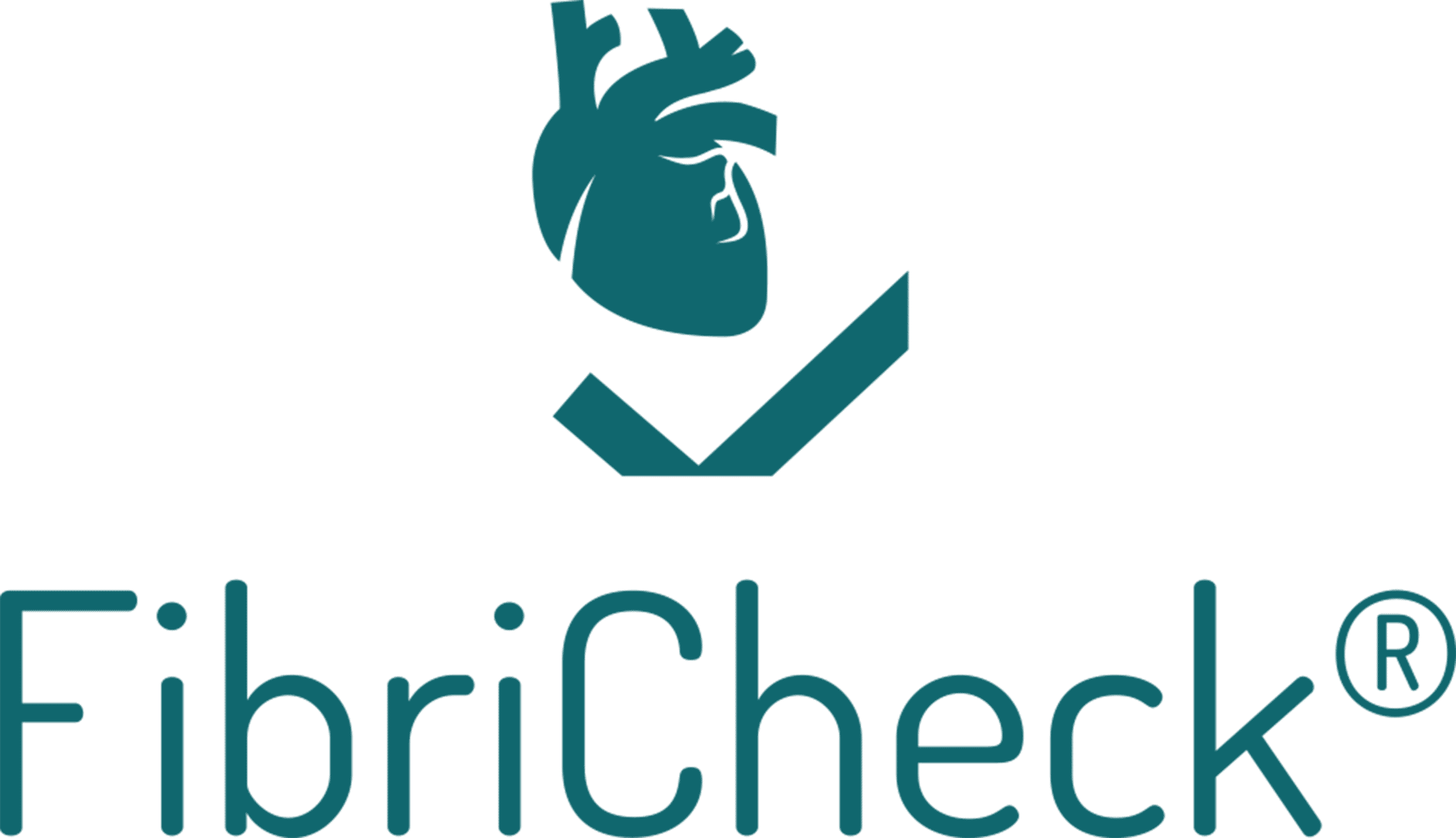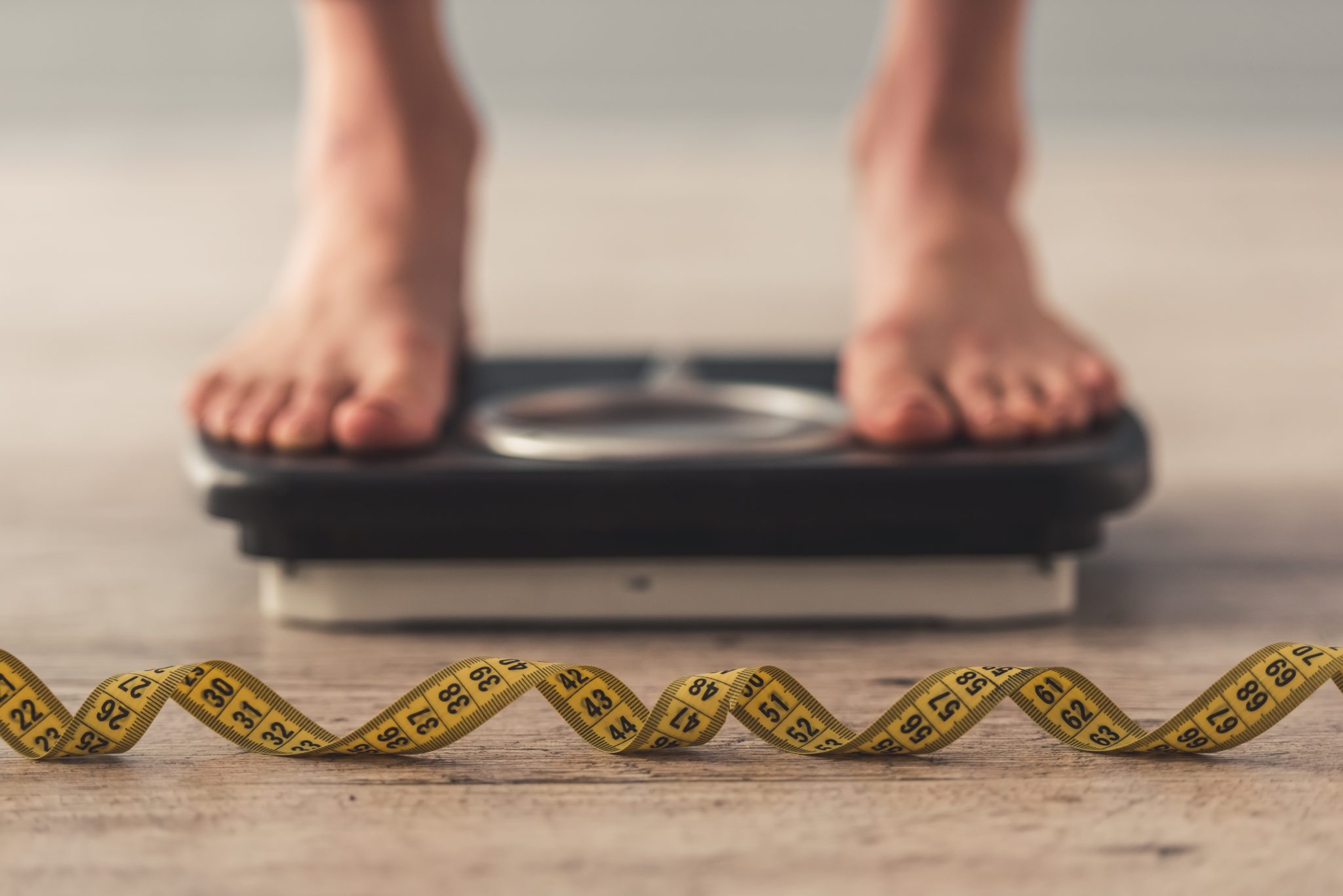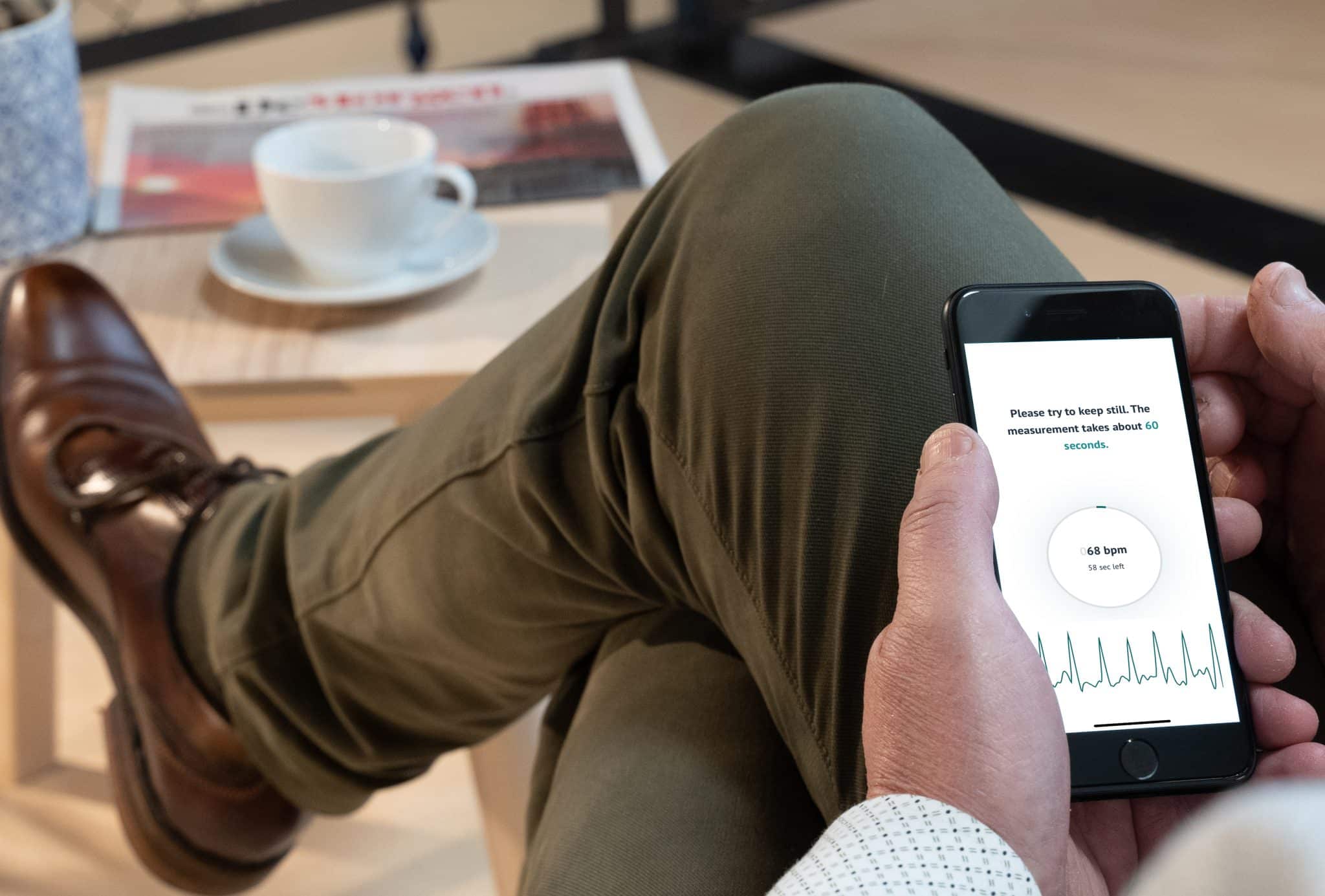Alcohol has been part of Western culture for centuries. And because we enjoy life, we like to keep up that tradition. After all, isn’t a daily glass of alcohol healthy for your heart? Or is any glass one too many? In part 1 of this alcohol series we soberly set out all of the figures and percentages and you found out whether – from a scientific perspective – you’re drinking more than is good for you. But what exactly does alcohol do to your body – and your heart? And why is the infamous hangover a lot nastier than you think?
Read in the part 1 of 3
Why we are masters of alcohol, whether or not a daily drink is good for you, and whether you are really drinking too much for a healthy and happy lifestyle.
Alcohol and arrhythmias: a direct link?
Help, there’s a pandemic going on! And it’s not the one starring that tiny monster with (oh, the irony) the same name as a well-known beer brand. Globally, scientists are recording an exponential increase in cardiovascular disease. The origins of this heart-related pandemic are easy to trace. An ageing population combined with an excessive lifestyle appears to be a dangerous mix.1
Alcohol plays a prominent role in this. Because alcohol not only affects our liver, kidneys and brain cells (effects we can feel when we’ve had one drink too many) but also our heart. In more ways than one.
- Alcohol dehydrates your organs
Did you notice how your hands dry out after a few squirts of alcohol-based disinfectant? That’s more or less what alcohol does to your insides. Alcohol has a diuretic effect. It disrupts the hormone that regulates your fluid balance. This loss of fluid puts a strain on your organs, lowers your mineral levels and is even a proven trigger for arrhythmias (keep reading to find out more). - Alcohol raises your blood pressure
Excessive alcohol consumption narrows your blood vessels. As a result, your heart has to work harder to pump blood through your body. This raises your blood pressure and increases your risk of heart disease and stroke (keep reading to find out more).2 - Alcohol weakens your heart muscle
Electrical impulses stimulate your heart to pump blood through your body. Alcohol reduces electrical conductivity, so your heart contracts less efficiently. Reduced pumping function again increases the risk of arrhythmias. Not to mention the toxic effects on the heart muscle cells and proteins that play a role in that pumping function.3 - Alcohol sends the connection between your brain and your heart into overdrive
Your brain is connected to essential organs such as your heart and lungs via the vagal nerve. Alcohol also stimulates this nerve, again increasing the risk of arrhythmias and atrial fibrillation.4 - Alcohol thins your blood
Just like blood thinners, alcohol has an anticoagulant effect. In some cases, this can have a positive outcome (read more about this under ‘alcohol and strokes’). But usually not. Certainly not if you’re already taking blood thinners for arrhythmias (or other conditions).5 In that case, you should check with your doctor.
It’s maybe not an obvious link, but international studies have confirmed it time and again. Alcohol is a trigger for (temporary) arrhythmias and more specifically atrial fibrillation (this is the specific arrhythmia that FibriCheck screens for). With prolonged use, alcohol aggravates arrhythmias. These may eventually turn into a persistent state of atrial fibrillation. With potentially the well-known consequences of a stroke.1
But alcohol also has an indirect detrimental effect on your heart. For example, high blood pressure is a direct consequence of alcohol consumption in 16% of cases, while alcohol significantly worsens high blood pressure in 40% of cases.1 Something to think about given that two-thirds of people with atrial fibrillation have high blood pressure…
Alcohol and strokes: a troubled relationship
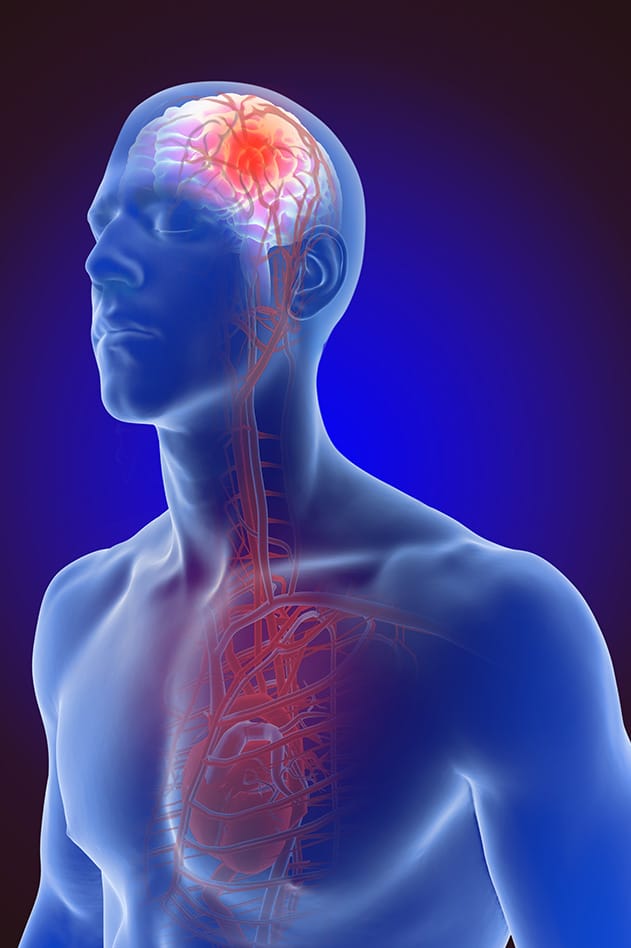
While some studies clearly report an increased risk of strokes, others indicate a decreased risk where small quantities of alcohol are consumed.1 Not entirely illogical given that alcohol has a blood-thinning effect that reduces blood clot formation. Note that the emphasis here really is on small quantities. This means no more than 7 standard units per week for women and 14 standard units per week for men.1
Whatever the case, more research is needed.
But what is clear is that, if you take blood thinners for arrhythmias, you should be careful with alcohol. The blood-thinning effects of the medication and the alcohol reinforce each other. So be sure to check this with your doctor.
How a hangover is nastier than you think: the effects of binge drinking
Do you stay off the alcohol all week, then reward yourself with a binge at the weekend? You might not exceed your weekly number of units. But the effect on your body is quite different compared with spreading your intake.
Here is an alcohol did-you-know: for each unit you drink, your body needs an hour and a half to break down the alcohol. So during a night out or an afternoon in the beer garden, your heart and organs have a lot of processing to do. Internally, you are literally creating a ‘bottleneck’.
In that case, you’ve got more to worry about than the infamous hangover knocking on your door. Chances are you’ll also experience what scientists call the holiday heart syndrome.1 During a binge drinking session or for as much as 36 hours afterwards, you may experience atrial fibrillation. It doesn’t matter if you’re a heavy drinker, moderate drinker, habitual drinker or occasional drinker. Your heart simply reacts to the amounts of alcohol you’ve ingested in a short space of time.
Atrial fibrillation usually disappears within 24 hours. But in about one in four cases, the fibrillations continue to appear for up to a year. Especially if you binge-drink frequently. For information: the scientific definition of ‘binge drinking’ is more than five standard units.1 Less than you’d imagine when you hear the word ‘binge’.
Arrhythmias: nastier than the general malaise of a hangover
Here’s an important point to note. The general feelings of malaise, headache and nausea that accompany the infamous hangover are still mild compared to the potential arrhythmias after a few glasses of alcohol. You feel miserable – that much is clear. But arrhythmias can happen without you knowing. That’s the nasty part. 40% of cardiac patients are none the wiser until they suddenly get severe side effects (in the worst case, a stroke).
So it’s not just the quantity of alcohol you drink that affects the health of your heart (and body): the way you drink can also reinforce the adverse effects. And how.
Research shows that a moderate drinker who drinks less than 21 standard units a week has as much chance (read: risk) of atrial fibrillation after a night on the booze as a heavy habitual drinker.1 Even though you may play it safe most of the time, you can unknowingly raise your health risks significantly in just a few hours with a few extra glasses. .
No more hangovers: the beneficial effects of a body without alcohol
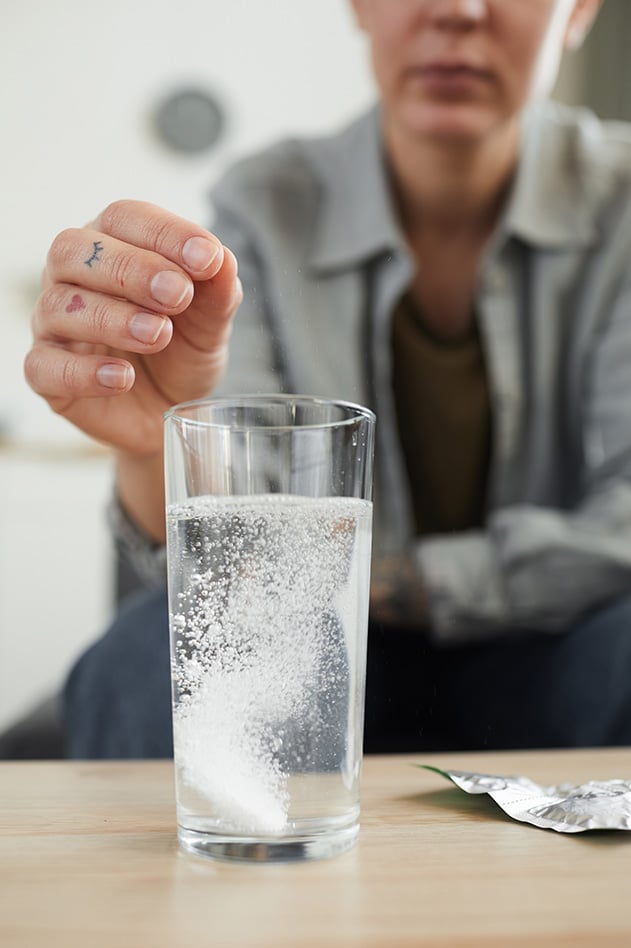
There is no doubt that the beneficial effects of an alcohol-free period have changed many people’s minds.6
- You see things a lot clearer and have better concentration.
- You have more energy and improved endurance.
- You get up really well-rested because your sleep quality increases immensely.
- You might notice some weight loss on the scale as alcoholic beverages can be quite calorie-dense.
- You glow because your skin is more hydrated.
And it’s important to mention another side effect of not drinking alcohol for a while. Research confirms that people tend to drink less after an alcohol-free period. That fit, fresh feeling you get without alcohol works as a hyper-efficient prevention tool afterwards. So keeping off alcohol now and then also has a particularly beneficial long-term effect.6
How does alcohol consumption fit into a healthy and happy lifestyle? And what are the alternatives? In the third and final part of this series, we delve into this more deeply and serve up some great tips to put into practice immediately in your daily life.
Read in part 3 of 3
A sober look at alcohol consumption, with some refreshing advice for a healthy and happy lifestyle, including a taster of the new NOLO trend.
(publication on 22/09/20)
Disclaimer
Note: the above is not medical advice but general information based on various scientific studies. Always follow the personal advice given by your general practitioner and/or treating specialist – especially if you have arrhythmias and/or are taking heart medication.
If you have any questions about alcohol consumption after reading this article, go to the Alcoholics Anonymous website for expert advice.
References
- Voskoboinik A et al. Alcohol and Atrial Fibrillation: A sobering review, Journal of the American College of Cardiology, 2016, doi: j.jacc.2016.08.074.
- Our Health Service. Alcohol’s effect on the body. Retrieved from: https://www2.hse.ie/wellbeing/alcohol/physical-health/alcohols-effect-on-the-body/blood-pressure-and-the-heart.html
- American AddictionCenters. Increased Risk of Heart Attack from Alcohol Abuse. Retrieved from https://www.alcohol.org/effects/heart-attack//
- Mandyam MC, Vedantham V, Scheinman MM, et al. Alcohol and vagal tone as triggers for paroxysmal atrial fibrillation. Am J Cardiol. 2012.
- Healthline. Does Alcohol Thin Your Blood? Retrieved from https://www.healthline.com/health/does-alcohol-thin-your-blood/
- Healthline. Here’s What Happens to Your Body When You Cut Out Alcohol for 30 Days. Retrieved from https://www.healthline.com/health-news/what-happens-to-your-body-when-you-quit-alcohol-for-30-days
Created on September 14th, 2020 at 09:05 am
Last updated on January 10th, 2023 at 10:11 am
